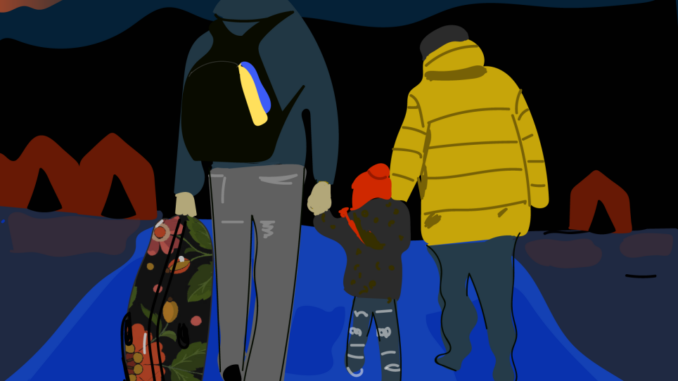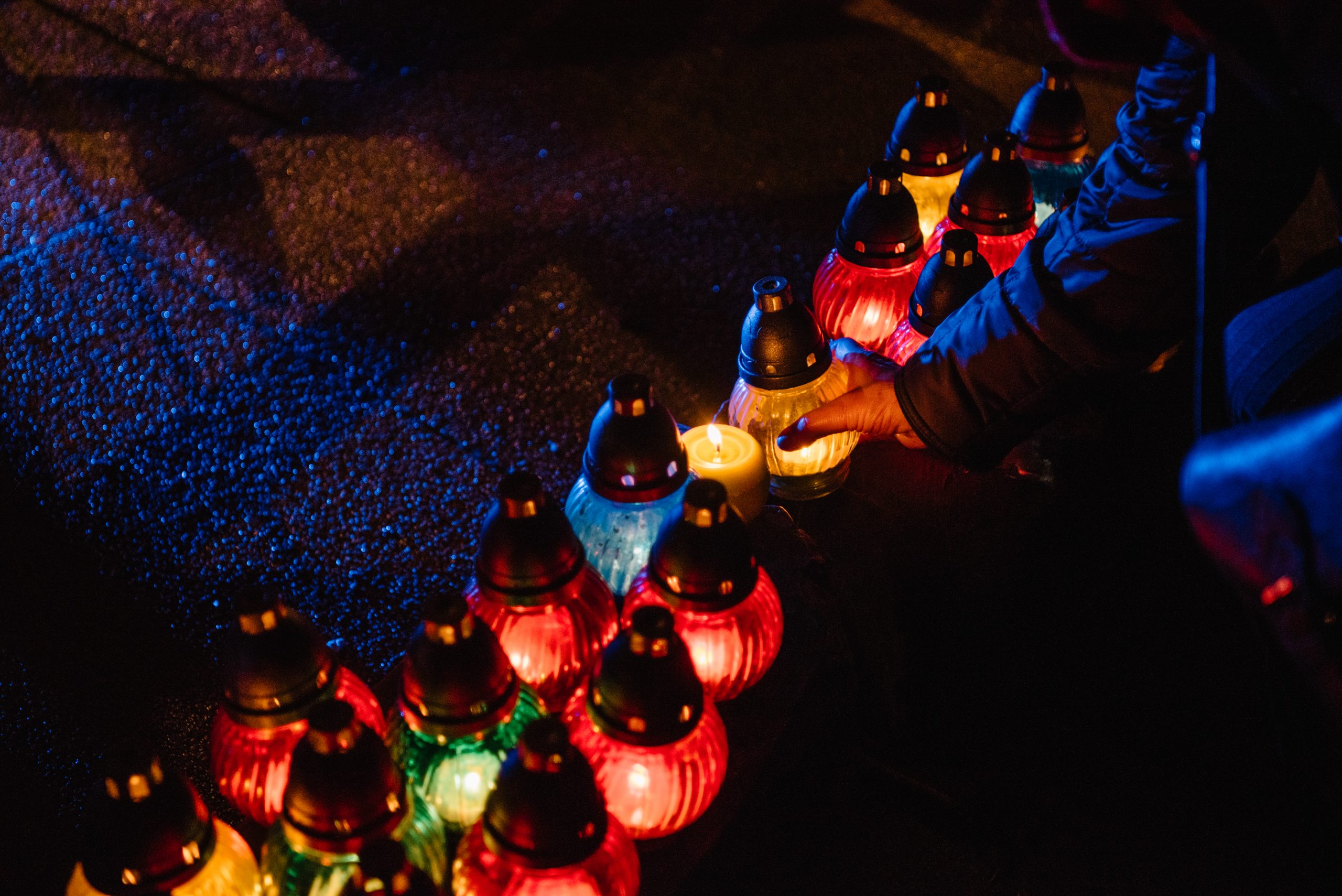
Brussels, 28 February 2023: Today, the European Roma Rights Centre (ERRC) published its first report on human rights abuses perpetrated against Romani refugees from Ukraine in Europe. Since the outbreak of full-scale war on 24th February 2022, the ERRC and its partners have engaged in an unprecedented human rights monitoring mission across five countries bordering Ukraine (the Czech Republic, Slovakia, Hungary, Romania, Moldova) as well as inside Ukraine itself. The report details cases of segregation, violent attacks, ethnic profiling, and discrimination against Roma. The results of this monitoring confirm beyond doubt previous accusations of discrimination against Romani refugees in several European countries.
“This report confirms what we and countless other activists have been saying all along – that not all refugees are treated equally in Europe” said the ERRC’s spokesperson, Jonathan Lee. “Our human rights monitoring has exposed a pattern of discrimination across Europe, including in EU member states. This is despite assurances from European Union officials that Romani refugees have been treated equally, and their admonishments of human rights activists for daring to mention institutional racism.”
The new report, Roma Rights Under Siege: Monitoring Reports from One Year of War in Ukraine, thematically covers confirmed cases of discrimination and unequal treatment of Romani refugees recorded by the ERRC since the Russian invasion. It sets these human rights abuses in their context as part of the largest displacement of people in Europe since the Second World War, as well as a continuation of antigypsyism in Europe which is exacerbated rather than diminished by the war in Ukraine.
In Moldova, evidence of systematic segregation and poor treatment of Romani refugees was present from the border, to the transportation arrangements, to the Roma-only reception centres. In the latter case, Romani families were forced to collect water from toilets, faced mass food poisoning of their children, and were even attacked by racist security guards with pepper-spray. In Hungary, Roma were segregated, racially abused, and ill-treated at the Ukrainian border where they were considered as ‘economic migrants’ rather than legitimate refugees. Poland saw similar treatment of Roma on both the Ukrainian and Polish sides of the border, with refugees being ethnically segregated and subject to abuse and denial of services. The Czech response mirrored that of its Central European neighbours, subjecting Roma to hate speech from politicians, arbitrary ethnic profiling by the police, segregation, poor conditions, abuse by volunteers, and denial of access to services by local authorities.
The monitoring also highlights the precarious situation of Roma who have become internally displaced persons in Ukraine. For many communities, longstanding issues related to racialised poverty have been exacerbated by the hardships of war. For those without access to identification documents (a chronic issue of discrimination which existed long before the outbreak of war), access to aid and basic services has been severely hindered. In some cases this has even led to their exit from the country being denied by border authorities in receiving countries, despite guarantees of entry for refugees in the EU Temporary Protection Directive and other international treaty law.
The ERRC took legal action in Moldova in October last year on behalf of Romani refugees who were attacked by security in a shelter in Chisinau. The ERRC’s monitoring missions will continue while the war goes on. Opportunities for legal action to challenge discrimination are still being explored in several countries.
The Roma Rights Under Siege: Monitoring Reports from One Year of War in Ukraine report can be downloaded here.
Redaktionen
redaktionen@dikko.nu
Att vara en oberoende tidning kostar pengar så vill du hjälpa oss med att betala vårt fika får du gärna swisha en slant till 123 242 83 40 eller bg: 5534-0046
Vill du annonsera eller sponsra, synas eller höras i våra media?
Kontakta oss på redaktionen@dikko.nu
eller ring 0768 44 51 61
IBAN: SE19 9500 0099 6042 1813 4395
BIC: NDEASESS




